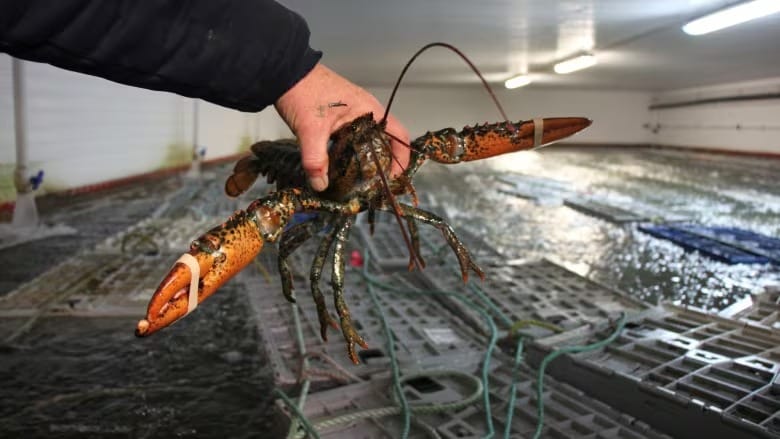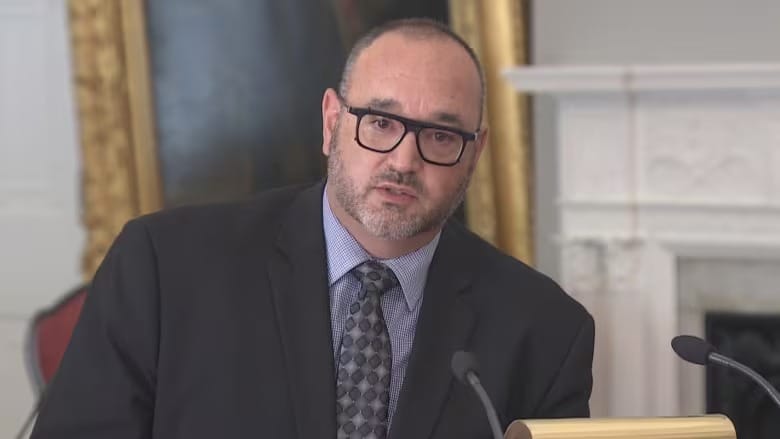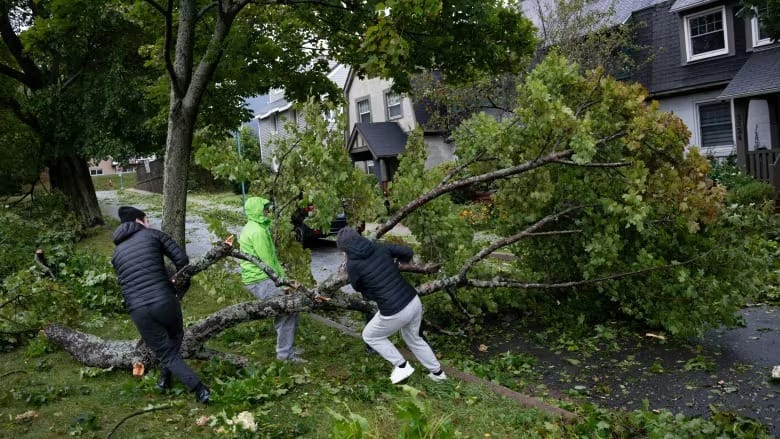Federal memo estimates up to 30% of lobster catch in Atlantic Canada goes unreported
Fisheries Department has been criticized for poor enforcement, says it's mapping criminal networks in sector

The federal Department of Fisheries and Oceans (DFO) suspects that hundreds of millions of dollars worth of lobster are caught annually in Atlantic Canada but never reported to authorities. This unreported catch raises concerns about both tax evasion and the impact on conservation efforts within the country's largest fishery.
An internal DFO memo from August estimated that between 10 and 30 percent of lobster landings in the region go unreported. The department is actively working to identify criminal networks and money laundering in the sector, according to a statement. Osborne Burke, president of the Nova Scotia Seafood Alliance, which represents lobster buyers and processors, expressed frustration, noting that businesses operating legally face unfair competition from illegal activities. "It’s tough for the ones that are playing by the rules to be able to compete," Burke said.
Illegal and unreported fishing practices, including those in the lobster industry and the spring fishery for juvenile eels, have become contentious issues on the East Coast. Critics have blamed the DFO for not enforcing regulations effectively.
Commercial lobster fishermen are required to complete daily logbooks, documenting key details such as the number of traps hauled, the location fished, and the weight of lobster sold. This data helps DFO monitor the health of lobster stocks.
The value of reported lobster landings has fluctuated between $1.2 billion and $2 billion annually. The internal DFO memo revealed that unreported lobster catches from 2018-2021 could range from $176 million to $681 million each year.
DFO declined to provide an interview but confirmed that the estimates were compiled by economists within the department and provided to a steering committee last year. While exact figures are unavailable, the department is working with the Canada Revenue Agency to conduct audits and is collaborating with FINTRAC, Canada's financial intelligence unit, to identify key players involved in the unreported lobster sales.
The DFO stressed that unreported catches contribute to the decline of lobster stocks and marine ecosystems, as well as economic instability. It also undermines Canada's reputation for sustainable fishing practices.
Morley Knight, a retired DFO assistant deputy minister, noted that the problem has worsened over the past decade, as lobster fishing has become increasingly profitable. This large income has led some fishermen to underreport their catch, selling portions for cash in deals that are not recorded. Knight explained that some buyers from outside the Maritimes use intermediaries and cash to avoid reporting. This practice puts pressure on local buyers to follow suit.
Knight has proposed a dockside monitoring program, where third-party companies would verify catches when lobsters are weighed at the wharf, a system already used in quota-based fisheries like the crab industry. He believes this would significantly improve the current situation.
Burke also pointed to a recent lawsuit filed by the Unified Fisheries Conservation Association, which alleges that a lobster pound in Shelburne County, Nova Scotia, is purchasing illegally caught lobster. He expressed frustration that the industry is left to handle the issue, calling it the responsibility of the DFO. Burke also suspects that organized crime may be involved, with lobster being used to launder money from other criminal activities. He noted that buyers willing to pay cash and keep sales off the books are able to offer higher prices, making it difficult for legitimate buyers to compete.
Unreported lobster catches also raise concerns about the sustainability of the fishery, particularly regarding its international certification by the Marine Stewardship Council for sustainable fishing.
Nova Scotia Fisheries Minister Kent Smith has expressed concerns about organized crime linked to illegal lobster fishing, particularly in the province's southwest, and the increasing violence surrounding the eel fishery. Meanwhile, DFO has highlighted its efforts in enforcement, including trap and vessel seizures and arrests related to the elver fishery.
In response to criticism, DFO has suggested that Quebec should outlaw cash sales in the lobster sector. However, Smith has argued that this recommendation misses the point. The province has introduced new licensing requirements for fish buyers and processors, along with plans for more inspections and audits of holding facilities.





